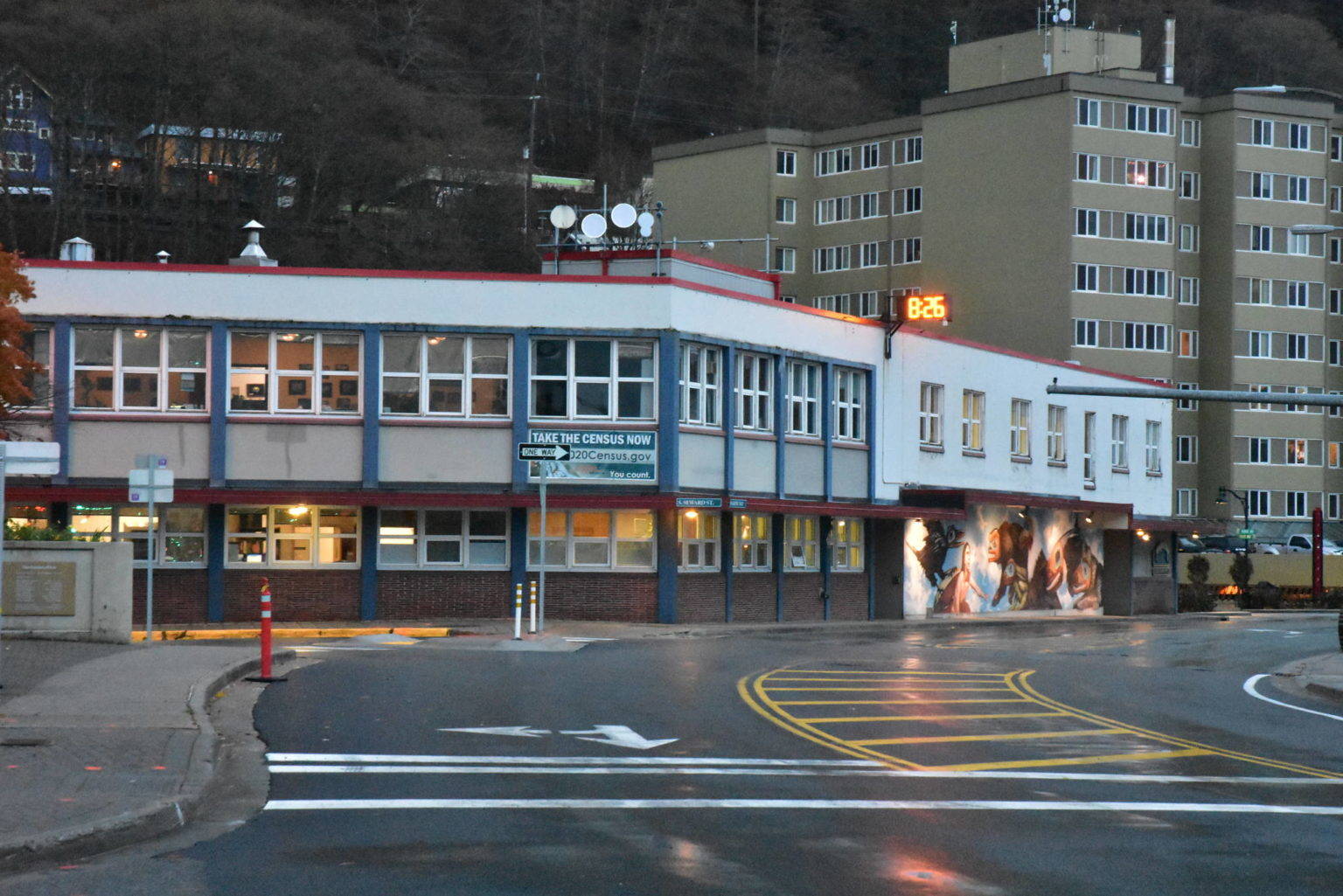City officials approved tax breaks aimed at increasing residential development downtown.
The City and Borough of Juneau’s City Assembly approved a tax-abatement proposal at its meeting Monday evening. The ordinance passed with an 8-2 vote, with Mayor Beth Weldon and Assembly member Loren Jones opposed.
People with eligible, new housing developments that include four or more units inside the downtown abatement zone will only pay property taxes based on the mandatory school contribution of 2.65 mills instead of the standard 10.66 mills.
The target area runs from South Franklin Street up Sixth Street and includes the Willoughby District. The reduced taxes continue for 12 years. The reduction only applies to the structure’s housing portion and will be prorated based on square footage. The ordinance is modeled after a similar one in Anchorage.
Assembly to consider tax break to boost housing development
Explaining his no vote, Jones said that he is not convinced that tax abatement will lead to new housing in the area and that the policy would add to the assessor’s workload. He said he could not find examples of successful residential tax abatement throughout his research, as most of the available information focuses on businesses.
“Twelve years is a long time,” he said. “Maybe five is better. I don’t think in four or five years you’ll see new housing.”
Mayor Beth Weldon questioned the measure’s effectiveness and timing.
“I understand the importance,” Weldon said. “I’m just more practical, and I don’t think tax abatement is going to do it. Also, I don’t want to reduce revenue right now. I’d prefer to put this off for a year.”
“I see this as no harm, no foul. We aren’t getting revenue right now because these units don’t exist,” said Assembly member Maria Gladziszewski. “Nothing we’ve tried so far has incentivized housing downtown. This could possibly move the needle.”
Avalanche risk lowered, but the danger is still there
Last-minute amendments
Before adopting the ordinance, assembly members made two changes.
The first prevents tax abatement for people developing short-term rentals, such as vacation properties.
“The goal is to ensure that these housing developments are used for people living in the community vs. Air BnB and such,” said assembly member Greg Smith.
The second expands the boundaries of the target area.
Although it initially stopped at Fifth Street, the assembly extended it to include Sixth Street. Expanding the boundary allows the inclusion of a potential site currently owned by the Archdiocese.
• Contact reporter Dana Zigmund at dana.zigmund@juneauempire.com or 907-308-4891.

